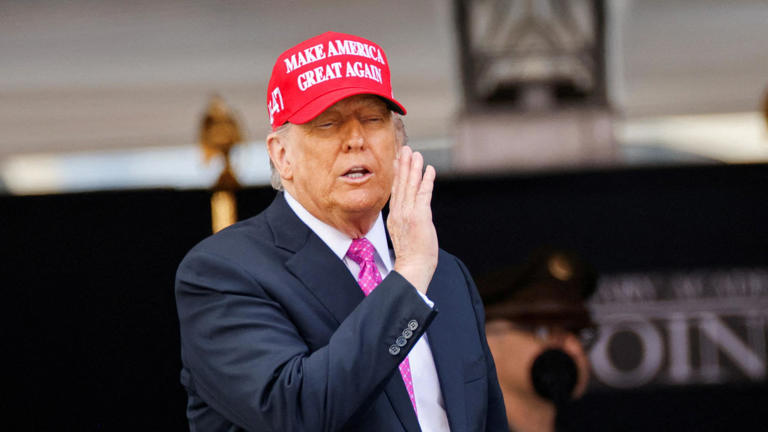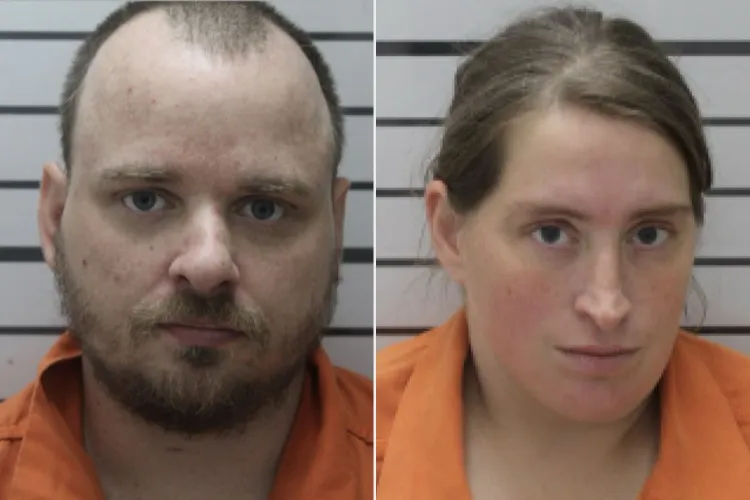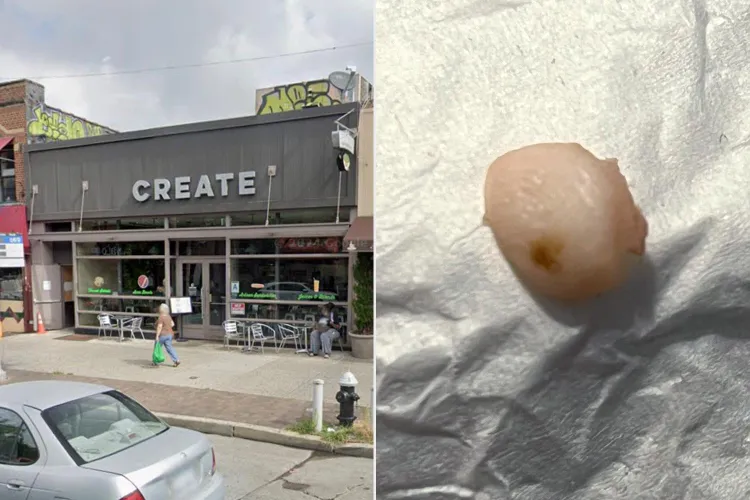President Donald Trump on Wednesday
signed into law bipartisan
legislation permanently classifying fentanyl-related substances as among the most dangerous drugs under federal law — a move aimed at cracking down on traffickers and curbing the opioid crisis. But critics warn the law lacks funding for addiction treatment and coincides with deep cuts to public health programs.
Surrounded by grieving families holding photos of loved ones lost to drug overdoses, Trump signed the
Halt Fentanyl Act
, calling it “a righteous blow” against drug dealers and cartels and vowing to “liberate America from this horrible plague.”
The law makes permanent emergency regulations first enacted in 2018 that allow harsher federal sentencing for fentanyl analogues — synthetic opioids that differ slightly in chemical structure but are just as deadly. Possessing 100 grams or more now triggers a mandatory 10-year minimum prison sentence. However, the law does not provide additional funding for drug interdiction or addiction recovery efforts.
While many lawmakers praised the bill,
public health experts
voiced concern. Dr. Ju Nyeong Park, an epidemiologist at Brown University, warned that the legislation revives outdated policies that punish users instead of treating addiction. “We’re still in the middle of an unprecedented overdose crisis, and yet we’re doubling down on criminalization instead of evidence-based solutions,” she said.
Indeed, while overdose deaths have declined over the past year — dropping to an estimated
81,740 in 2024
, including nearly
50,000 from synthetic opioids
— many credit expanded access to naloxone and changes in drug supply and user behavior, rather than stricter laws. Fentanyl became the
leading cause of death for Americans aged 18 to 49
by 2021.
Meanwhile, Trump’s administration has proposed slashing more than
$500 million in addiction and mental health grants
and
dissolving the Substance Abuse and Mental Health Services Administration (SAMHSA)
, a key agency that oversees treatment and prevention programs. His budget also proposes Medicaid changes that experts fear will reduce access to care for those battling substance use disorders.
Critics, like Maritza Perez Medina of the
Drug Policy Alliance
, accused the White House of political theater: “They’re using the Halt Fentanyl Act to appear tough on drugs while gutting the very programs that help people recover.”
Some scientists also worry that tougher regulations will hinder research into fentanyl-like compounds that might be used to treat overdoses or manage pain. Though the law includes language to ease restrictions on researchers, many remain skeptical about its impact.
At the signing, Trump held a framed photo of Weston Fundner, a 15-year-old who died from a fentanyl overdose in 2022. His mother, Anne Fundner, praised the president for the law, calling it “a lifeline for families across America.”
The bill’s passage highlights the competing
priorities at the heart of U.S.
drug policy: increasing penalties for dealers while pulling back investment in treatment and prevention — a strategy many experts say is unlikely to end the crisis.












